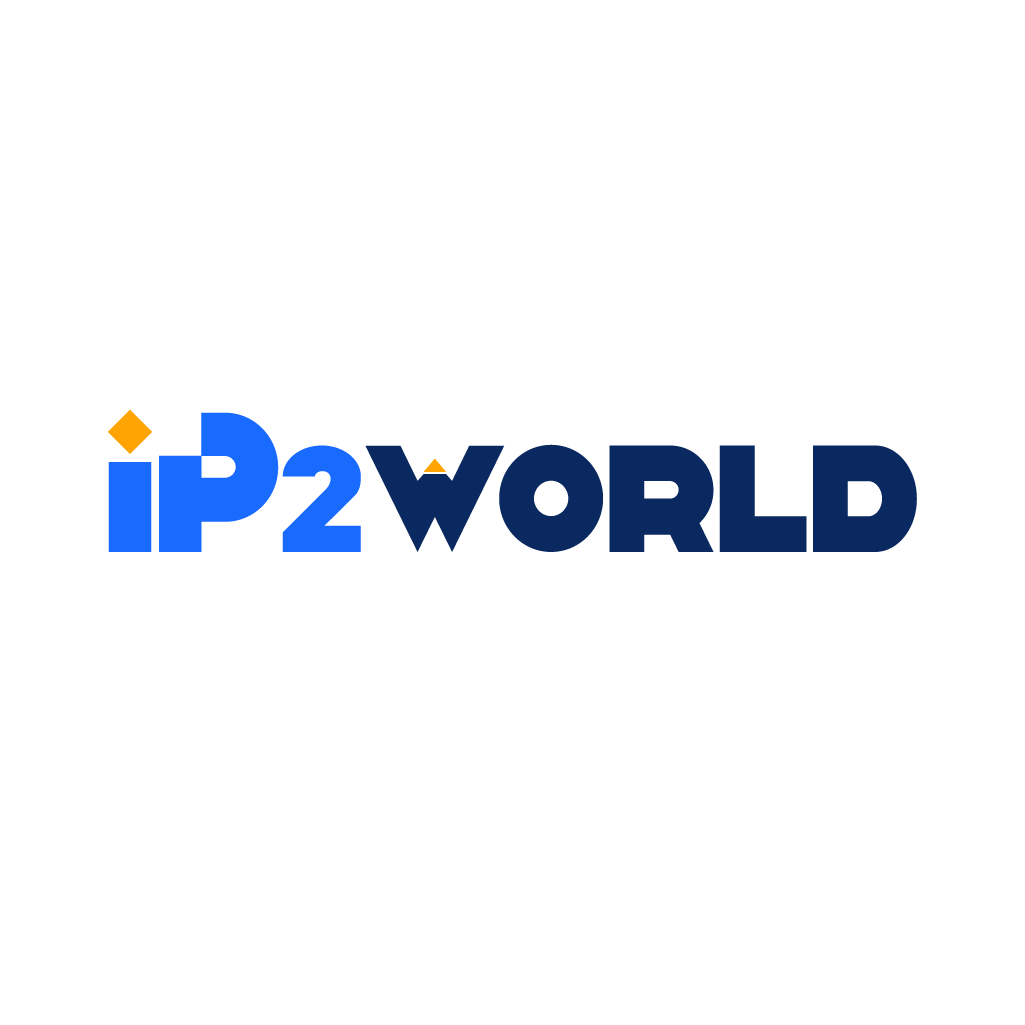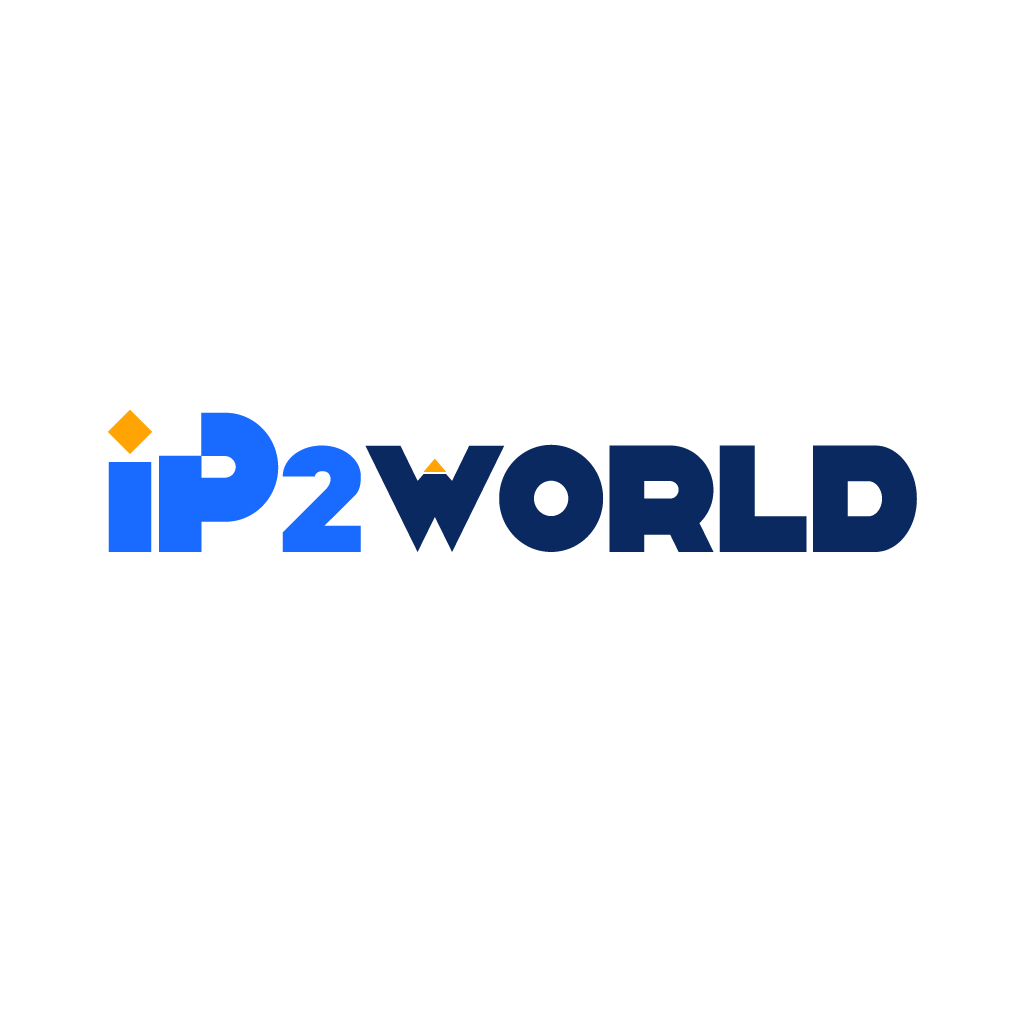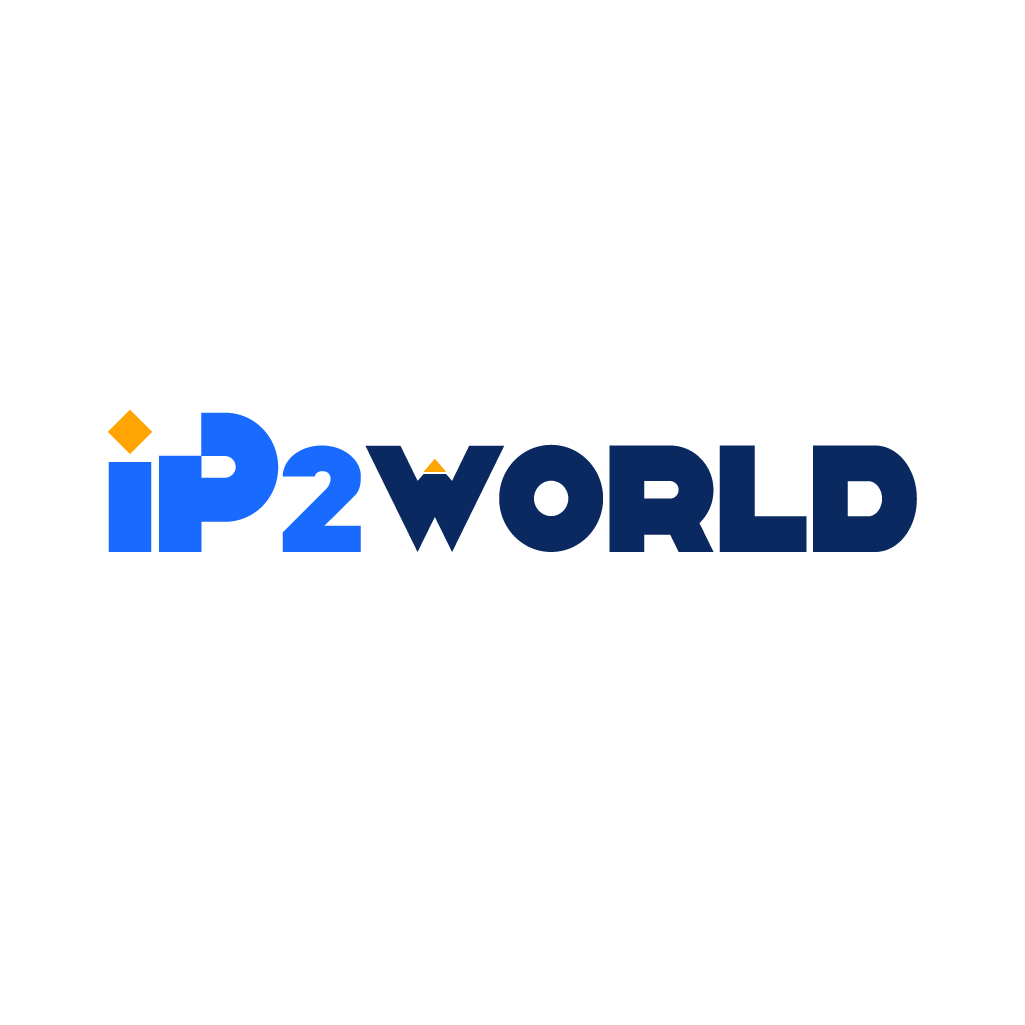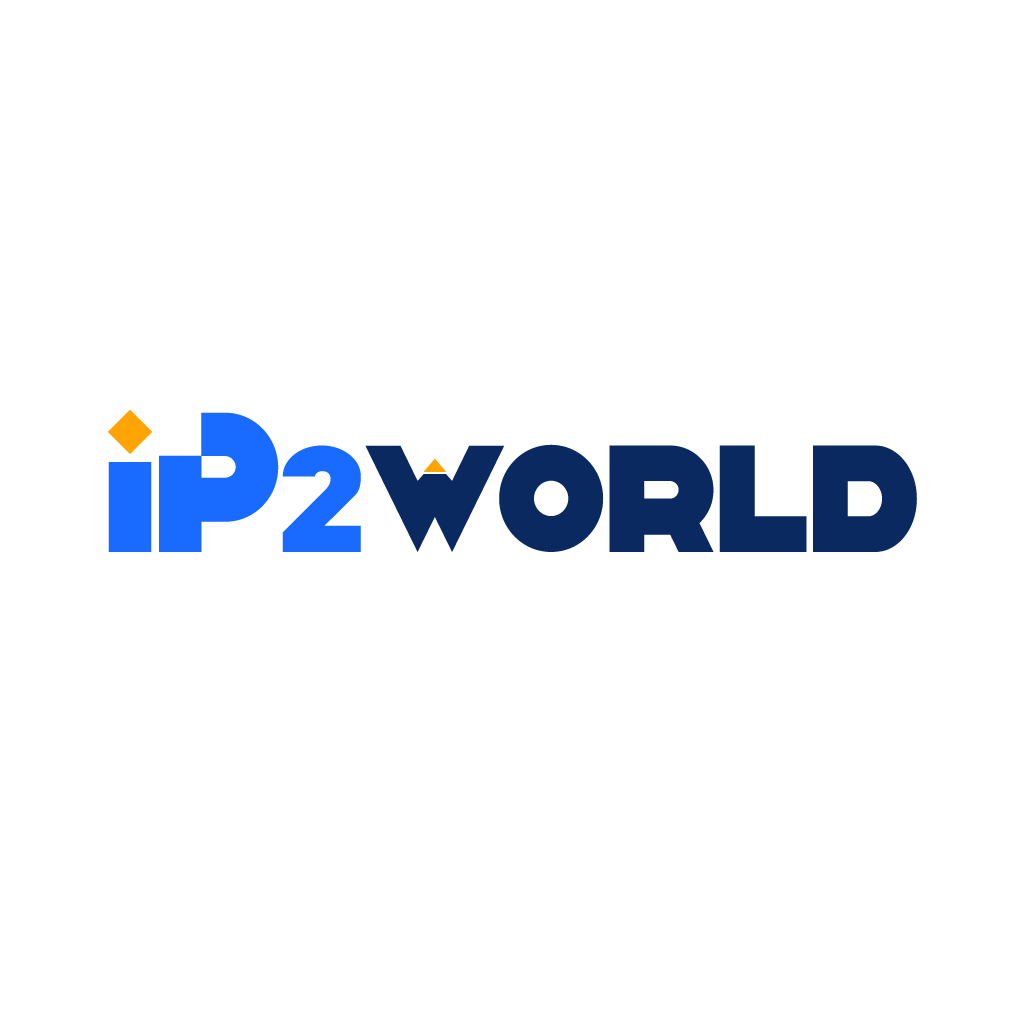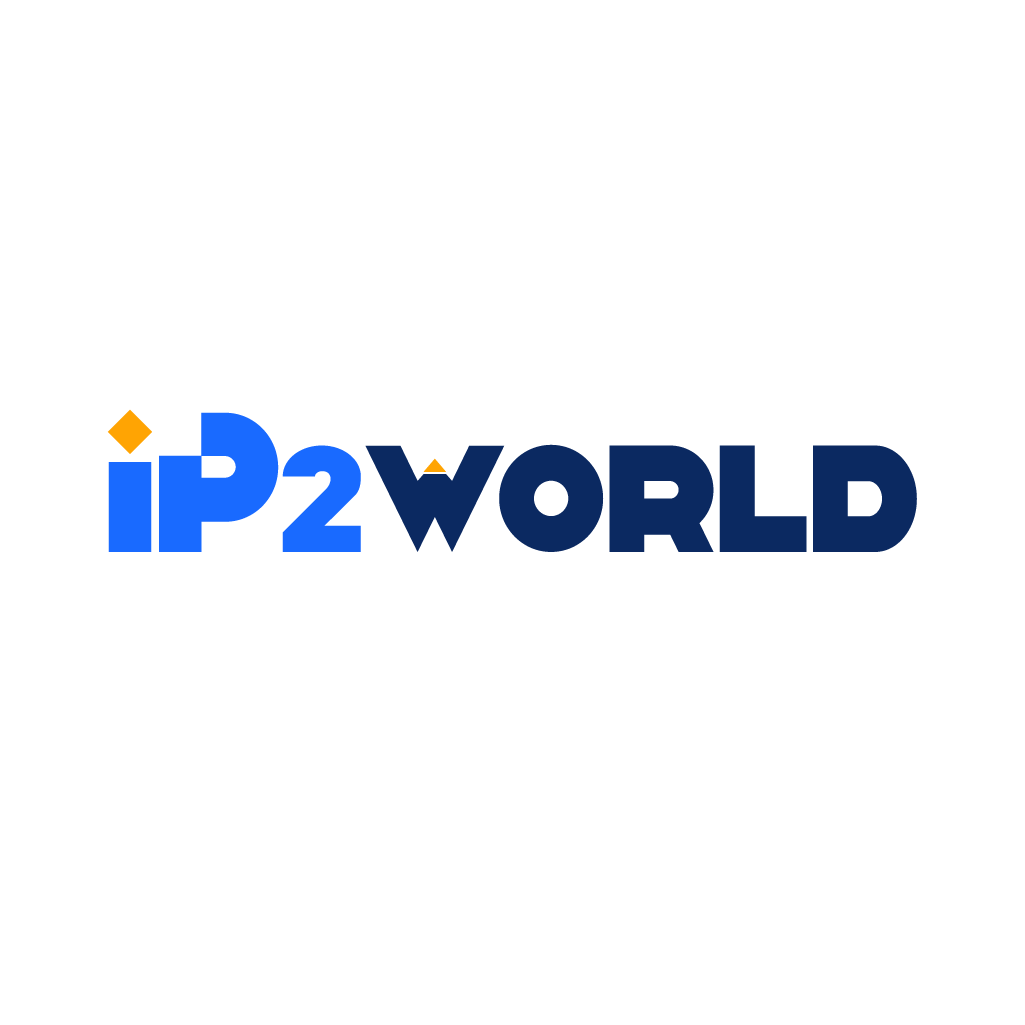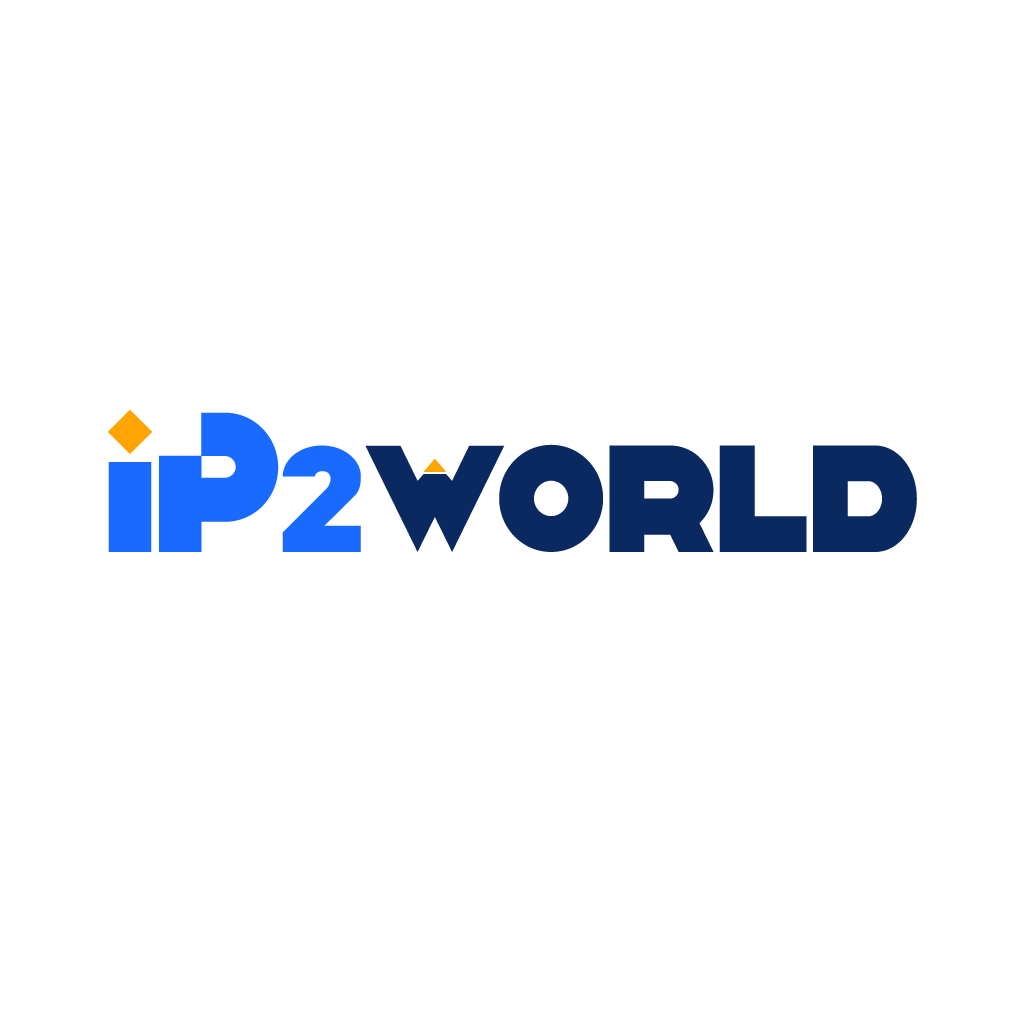I. Introduction to IP Addresses A. Definition of an IP Address An IP (Internet Protocol) address is a numerical label uniquely assigned to each device on a computer network that uses the Internet Protocol for communication. It functions like a postal address for devices, guiding data to its intended destination.B. Importance of IP Addresses IP addresses are essential for facilitating communication between devices, whether it's browsing the web, sending an email, or streaming video. Without them, computers wouldn't know where to send the requested data.C. Understanding the Network: OSI ModelHere is a table provides an overview of the OSI model's different layers and the protocols/technologies associated with each layer. It showcases how each layer contributes to the overall functioning of computer networks and communication systems.OSI LayerProtocols and TechnologiesDescriptionApplicationTelnet, FTP, TFTP, SNMP, HTTP, SMTP, NFS, DHCPApplication layer protocols for communication and data exchange between applications.TransportTCP, UDPTransport layer protocols for end-to-end communication, ensuring data delivery and flow.NetworkICMP, Routing Protocol (Static, RIP, OSPF), IP (ICMP, IGMP, RARP, ARP)Network layer protocols for addressing, routing, and data forwarding within networks.Data LinkEthernet, Frame-Relay, PPP/PPPOE, HDLCData link layer protocols for reliable data transmission between connected devices.PhysicalTwisted Pair Cable, Optical Fiber, Patch Cables, Patch PanelsPhysical layer components and mediums used for transmitting raw data over networks.- Application Layer: This layer deals with user-level protocols, allowing applications to communicate with each other over a network. It provides services such as file transfer (FTP), remote login (Telnet), web browsing (HTTP), email (SMTP), and more. - Transport Layer: Responsible for end-to-end communication and data delivery. TCP ensures reliable, connection-oriented communication, while UDP provides a connectionless, faster delivery option. - Network Layer: Manages logical addressing, routing, and data forwarding. ICMP handles error messages and diagnostic functions. Routing protocols (Static, RIP, OSPF) determine the best paths for data to travel. - Data Link Layer: This layer establishes and terminates links between nodes, ensuring reliable data transmission. Ethernet, Frame-Relay, PPP/PPPOE, and HDLC are protocols within this layer. - Physical Layer: Deals with the actual transmission of raw data bits over physical media. Components include twisted pair cables, optical fibers, patch cables, and patch panels, which connect devices physically. II. IPv4 Addressing System: Building the Foundation A. Classification of IPv4 Addresses IPv4 (Internet Protocol version 4) is the fourth version of the Internet Protocol, which uses 32-bit addresses. These addresses are divided into five classes, each designed to serve different types of networks:All AddressesPrivate AddressesClass A1.0.0.1-126.255.255.25410.0.0.0-10.255.255.255Large-scale networksClass B128.0.0.1-191.255.255.254172.16.0.0-172.31.255.255Medium-scale networksClass C192.0.0.1-223.255.255.254192.168.0.0-192.168.255.255Small-scale networksClass D224.0.0.1-239.255.255.254Multicast networksClass E240.0.0.1-255.255.255.255Reserved addresses1. Class A: These addresses are designated for large-scale networks such as multinational corporations or governments. The first 8 bits are used for network identification, leaving 24 bits for host addresses. 2. Class B: Designed for medium-scale networks like universities or large businesses, Class B addresses use 16 bits for network identification and 16 bits for host addresses. 3. Class C: Often used in small-scale networks like small businesses or residential networks, Class C uses 24 bits for network identification and 8 bits for host addresses. 4. Class D: Reserved for multicast networks, Class D addresses enable data to be sent to multiple recipients simultaneously rather than to a single destination. 5. Class E: These are experimental or reserved addresses that are not commonly used in public networks. B. Public and Private Addresses IP addresses can be categorized into two main types: - Public IP: These are globally recognized addresses that are used for communication over the Internet. Devices with public IPs can be accessed directly from anywhere on the Internet. They are often used by servers that host websites, email services, and more. - Private IP: These are used within local networks and are not directly accessible from the Internet. Private IPs allow devices within the same local network to communicate with each other but require NAT (Network Address Translation) to communicate with devices outside the local network. III. IPv4 Limitations and Solutions: Addressing the Challenges A. Address Exhaustion With the proliferation of Internet-connected devices, the finite pool of around 3.647 billion usable IPv4 addresses has led to a noticeable shortage. This limitation has spurred the need for creative solutions and the development of IPv6. B. Network Address Translation (NAT) NAT is a mechanism that allows multiple devices on a local network to share a single public IP address. This is essential for conserving global address space. Here's how it works: - Inside the Network: Devices are assigned private IP addresses.- Outside the Network: All devices appear to have the same public IP address.- Translation: The NAT device keeps track of which internal devices are communicating with the outside world, translating private IPs to the public IP, and vice versa. C. Port Mapping (PAT) Port Address Translation (PAT), often used in conjunction with NAT, further refines data routing by assigning specific ports for each device sharing an IP. It enables simultaneous connections from different devices within the local network to the Internet, using a single public IP. The process involves: - Mapping: Each internal device's IP and port are mapped to the public IP and a unique port.- Routing: When data returns, the PAT device looks at the destination port and routes it to the correct internal device based on the previously established mapping. By employing these solutions, IPv4 has managed to sustain the growth of the Internet, despite its inherent limitations. These mechanisms have been vital in bridging the gap until the broader adoption of IPv6, offering greater address space and more advanced features. IV. IPv6: The Future of IP Addressing A. The Need for IPv6 As the Internet has grown, the limitations of IPv4's 32-bit address space have become apparent, with only around 3.647 billion usable addresses. IPv6, utilizing a 128-bit address, offering approximately 3.4 x 10^38 addresses, provides a robust solution to this exhaustion, allowing for an almost infinite number of unique addresses. B. Transition Strategies from IPv4 to IPv6 Transitioning from IPv4 to IPv6 is not a simple switch; it involves various strategies: 1. Dual Stacking: This method allows for the simultaneous operation of IPv4 and IPv6, meaning devices can communicate using either protocol. It ensures compatibility but requires significant configuration. 2. Tunneling: By encapsulating IPv6 packets within IPv4, this method allows IPv6 packets to travel across an IPv4 network. It's like sending a letter in a different envelope, where the inner envelope is IPv6 and the outer one is IPv4. 3. Translation: This involves converting IPv6 packets into IPv4 and vice versa. It's a crucial approach for networks that have a mixture of IPv4 and IPv6-enabled devices. C. Benefits of IPv6 IPv6 offers various improvements and benefits over IPv4: 1. Increased Address Space: The expanded address space is sufficient for practically unlimited devices, offering flexibility and scalability. 2. Simplified Processing: IPv6's header is simpler than IPv4's, enhancing efficiency in processing and routing. 3. Enhanced Security: IPv6 includes built-in encryption and authentication features, offering a more secure communication framework. V. Applications and Use Cases: IP Addresses in Action A. Home Networking IPv4's NAT (Network Address Translation) allows multiple devices within a home to share one public IP. This is vital for household networks, where numerous devices may need Internet access but only one public IP is available. B. Business Networking Public IPs are critical in hosting services like websites, email servers, and other online platforms. The increasing need for IPv6 is especially apparent in businesses that must accommodate an expanding number of devices and services. C. Internet Service Providers (ISPs) ISPs play a central role in managing and distributing public and private IPs to their customers. With the transition towards IPv6, they must also facilitate the implementation and support of the newer protocol. VI. Challenges and Considerations in the IP World A. IPv6 Adoption Challenges Transitioning to IPv6 poses several obstacles: 1. Incompatibility with IPv4: Existing IPv4 systems may require additional technologies or modifications to support IPv6, leading to complexity. 2. Infrastructure Costs: Investments are necessary for hardware and software that supports IPv6, posing a financial challenge for some organizations. 3. Educational Barriers: Training for IT professionals in understanding and implementing IPv6 can be time-consuming and costly. B. Security Considerations IP addresses are central to network communication, but they also come with security concerns: 1. IP Spoofing: This involves forging the IP address of a device, potentially allowing malicious entities to masquerade as a trusted device. 2. Security Policies: Robust protections must be in place to safeguard IP-based communication. This includes firewalls, encryption, and continuous monitoring to detect and respond to any suspicious activities. In conclusion, the transition from IPv4 to IPv6 is a complex yet essential evolution in the world of IP addressing. It reflects the ongoing innovation in networking technology, catering to the ever-growing demands of connectivity and security in our digitally interconnected world. VII. The Tale of the Digital City: An Analogy In the digital realm, imagine a bustling city named Netropolis. This city reflects the evolution of IP addressing, from its early days to its current complexity. The journey of Netropolis is a vivid analogy for understanding IP addresses, making the concept more accessible. A. The Birth of a Small Network Village Once, Netropolis was a small village with only a few computer inhabitants. They communicated through a tangled web of cables, leading to confusion. A wise inventor, Switch, created a central hub, assigning unique IP addresses to each computer. Like house numbers in the real world, these IP addresses guided messages to their proper destinations. B. Expansion to a Grand City As the village grew into a city, neighborhoods emerged, representing local networks. Routers, acting as gateways, connected these neighborhoods. When IPv4 addresses began to run out, the city adopted IPv6, allowing for an almost unlimited number of unique addresses. This phase of growth mirrors the transition from IPv4 to IPv6 in the real world. C. The Rise of ISPs Netropolis's expansion was facilitated by Internet Service Providers (ISPs), akin to city builders. They constructed pathways, maintained connectivity, and innovated to allow more citizens to join. The ISPs' role reflects the real-world coordination required to manage public and private IPs, ensuring that the digital city thrives. D. Challenges and Triumphs The story of Netropolis is not without challenges. Issues like IP exhaustion, security concerns, and the transition to a new addressing system were met with ingenuity and adaptability. The introduction of NAT, the use of IPv6, and robust security measures were innovative solutions, illustrating human creativity in overcoming technological hurdles. E. Netropolis Today Netropolis stands as a marvel of digital engineering, encapsulating the journey of IP addresses. From a small village's simple organization to a grand city's intricate structure, the story underscores the importance of forward-thinking and adaptability. It serves as a metaphorical reminder that in our complex technological world, creative solutions can overcome seemingly insurmountable challenges. Just as house numbers guide mail to the right doors, and roads connect distant towns, IP addresses and networking technologies facilitate seamless communication in our digital world. The tale of Netropolis adds life and relatability to the technical concept of IP addresses, inspiring appreciation for the elegant complexity that enables our interconnected lives. VIII. Conclusion and Final Thoughts IP addressing, from its foundational IPv4 system to the nearly limitless potential of IPv6, remains at the core of our interconnected world. The transition to IPv6 marks a significant milestone, reflecting human ingenuity and adaptability. The engaging narrative of Netropolis underscores the importance of organization, innovation, and creative problem-solving in overcoming technological challenges. As the digital landscape continues to expand, so will the systems enabling our global connectivity, a journey defined by collaboration, foresight, and a collective ambition to remain interconnected in an ever-changing digital universe.
2023-08-10
